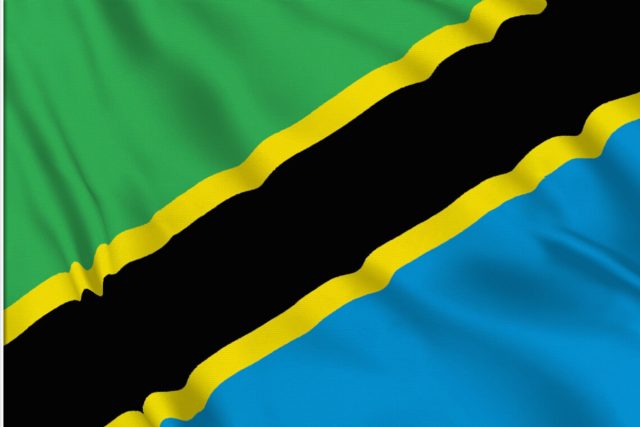In 1991, the world watched in shock as Yugoslavia began to fracture into six new nations: Slovenia, Croatia, Bosnia and Herzegovina, Macedonia, Montenegro and Serbia. A country that had once been a symbol of unity collapsed under the weight of mistrust, political manipulation and state violence. What happened in the Balkans more than 30 years ago is not just a chapter in European history. It is a direct warning to Tanzania today.
The Rise and Rupture of Yugoslavia
Yugoslavia began with idealism. Its founding idea was that different ethnic and religious groups could live together under one shared identity. For decades, this vision held because of the leadership of Josip Broz Tito. He built institutions that promoted unity and controlled the ethnic rivalry that had destabilized the region before World War Two.
Unions do not collapse overnight. They erode slowly. After Tito died in 1980, the glue binding Yugoslavia began to weaken. Economic challenges intensified. Regional leaders used nationalism as a tool for political gain. When the federal state turned its guns on its own citizens, public trust shuddered. The moment trust dies, the foundation of a state begins to crumble.
By the early 1990s, republic after republic declared independence. Civil wars erupted. More than 100,000 people died. What remained of Yugoslavia was a map of shattered dreams and broken futures.
Tanzania’s Union Under Strain
Tanzania’s union between Tanganyika and Zanzibar was also born from idealism. In 1964, Julius Nyerere and Abeid Karume envisioned a united republic that would resist Cold War interference and create a stronger African identity. For many years, that vision worked. Mainland Tanzania and Zanzibar found a rhythm, and citizens believed in the promise of a united nation.
Today, that belief is weakening. The post-election killings that have rocked Tanzania have undermined public confidence in the state. The scale of the violence is devastating. Many mainland Tanzanians believe that the special forces accused of the killings come from Zanzibar. Many Zanzibaris feel misunderstood or marginalized by the mainland.
A fragile union is extremely vulnerable to identity politics. Political elites know that when they are accused of injustice or misrule, turning to ethnic, religious or regional identity becomes a way to protect themselves. This is exactly what happened in Yugoslavia. Identity did not start the conflict, but it accelerated the collapse once state violence destroyed the legitimacy of the union.
When a Union Becomes a Threat
A nation survives only when citizens believe the state exists to protect them. Once the state becomes a source of fear, constitutional structures no longer matter. Yugoslavia learned this the hard way. Tanzania is now entering dangerous territory. If the killings continue and if the state continues to use force as a political tool, the idea of one united Tanzania will begin to fade.
Legal experts know that Tanzania’s union contains no exit clause. The Constitution does not allow secession. But history shows that legal text becomes powerless when people lose trust in their country. Nations fall not because laws fail but because legitimacy disappears.
What Tanzania Must Learn
Yugoslavia’s lesson is urgent. A union does not survive because of geography or tradition. It survives when citizens trust one another and trust their leaders. When the state kills its own people, when leaders manipulate identity to stay in power and when citizens begin to see each other as rivals rather than partners in a shared republic, disintegration becomes possible.
Tanzania is not destined to follow Yugoslavia’s path. But it is standing at a crossroads.
Silence will lead to division.
Justice will lead to healing.
Unity will require courage from both mainlanders and Zanzibaris.
If Tanzanians demand accountability, reject identity-based manipulation and insist on a state that values life over power, the union can survive and thrive. But if the killings continue and if fear spreads unchecked, Yugoslavia’s fate will become a prophecy rather than a warning.
History is speaking. Tanzania must decide whether it will listen.

























